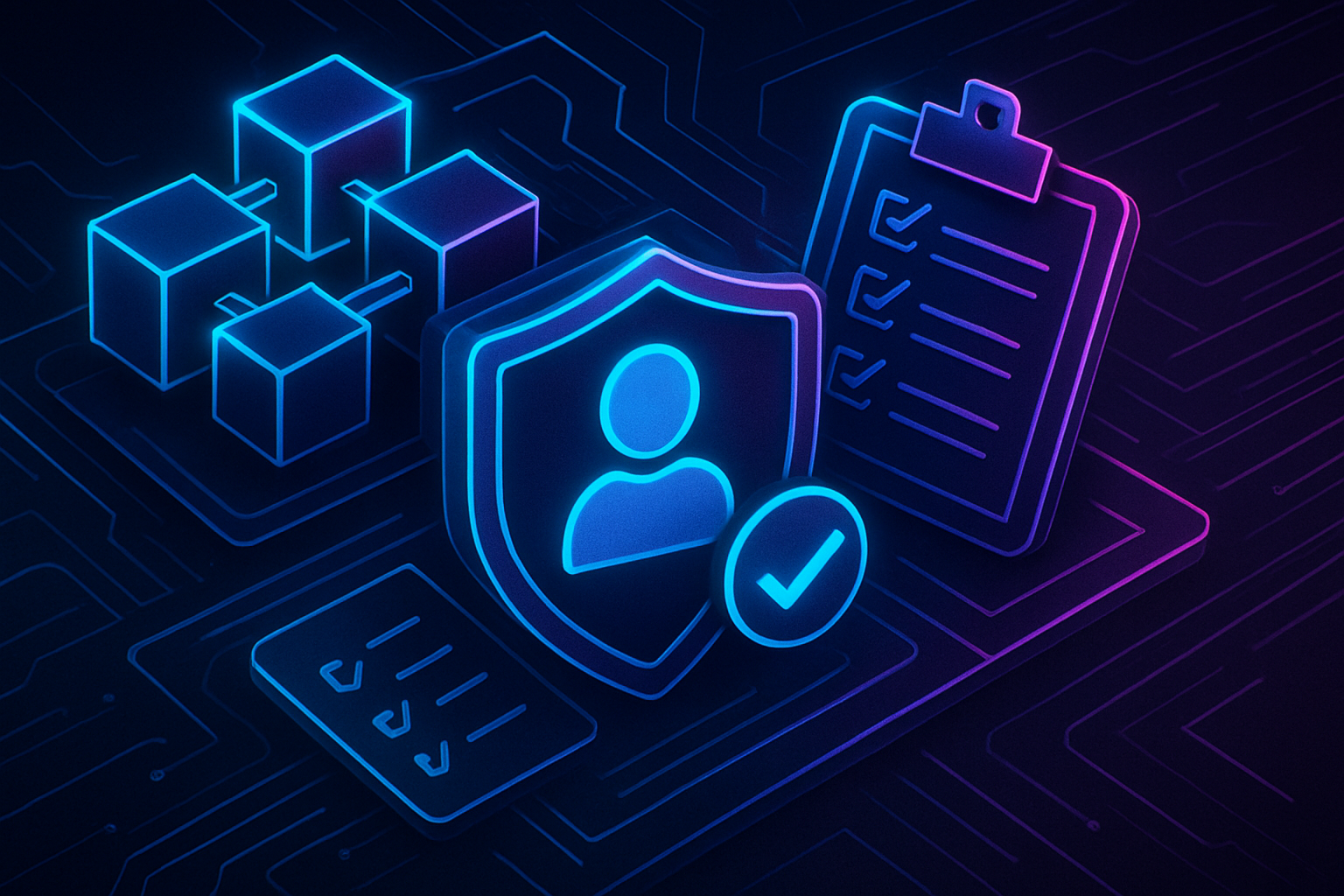
Web3 ecosystems are rapidly evolving, and with this evolution comes a heightened demand for secure identity verification. As decentralized platforms expand, the need to confirm user eligibility for exclusive opportunities like token sales, gated communities, and DeFi participation has never been more critical. This is where onchain attestations for KYCed addresses are reshaping the landscape of allowlist verification.

Why Traditional KYC Falls Short in Web3
Conventional Know Your Customer (KYC) checks often rely on centralized databases and manual review processes. While effective in traditional finance, these methods introduce friction, privacy risks, and inefficiencies when applied to blockchain-native environments. Users are typically forced to repeatedly submit sensitive documents across multiple platforms, increasing their exposure to data breaches and identity theft.
This fragmented approach also impedes the seamless interoperability that Web3 promises. For allowlist managers and project teams, verifying each participant’s compliance status can become a logistical nightmare, especially as communities grow globally. The result is a system that struggles to balance compliance requirements with the core values of decentralization and privacy.
The Power of Onchain Attestations for Web3 Allowlists
Onchain attestations provide a cryptographically secure solution by recording proof of KYC status directly on the blockchain. Unlike legacy systems, these attestations are:
Key Benefits of Onchain Attestations for KYCed Address Verification
-
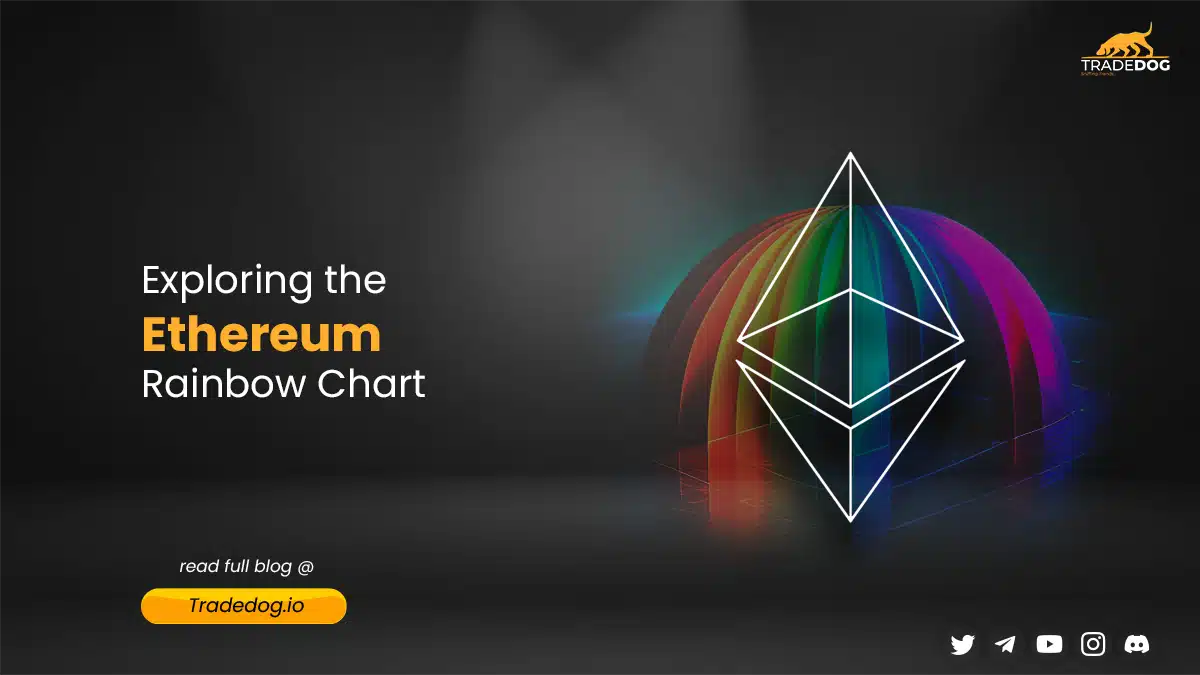
Immutable and Transparent Verification: Onchain attestations provide a tamper-proof, publicly accessible record of KYC compliance, allowing any party to independently verify a user’s status without relying on centralized databases.
-

Privacy Preservation: Solutions like Blockpass On-Chain KYC® enable verification of KYC status without exposing sensitive personal data, ensuring compliance while maintaining user privacy.
-
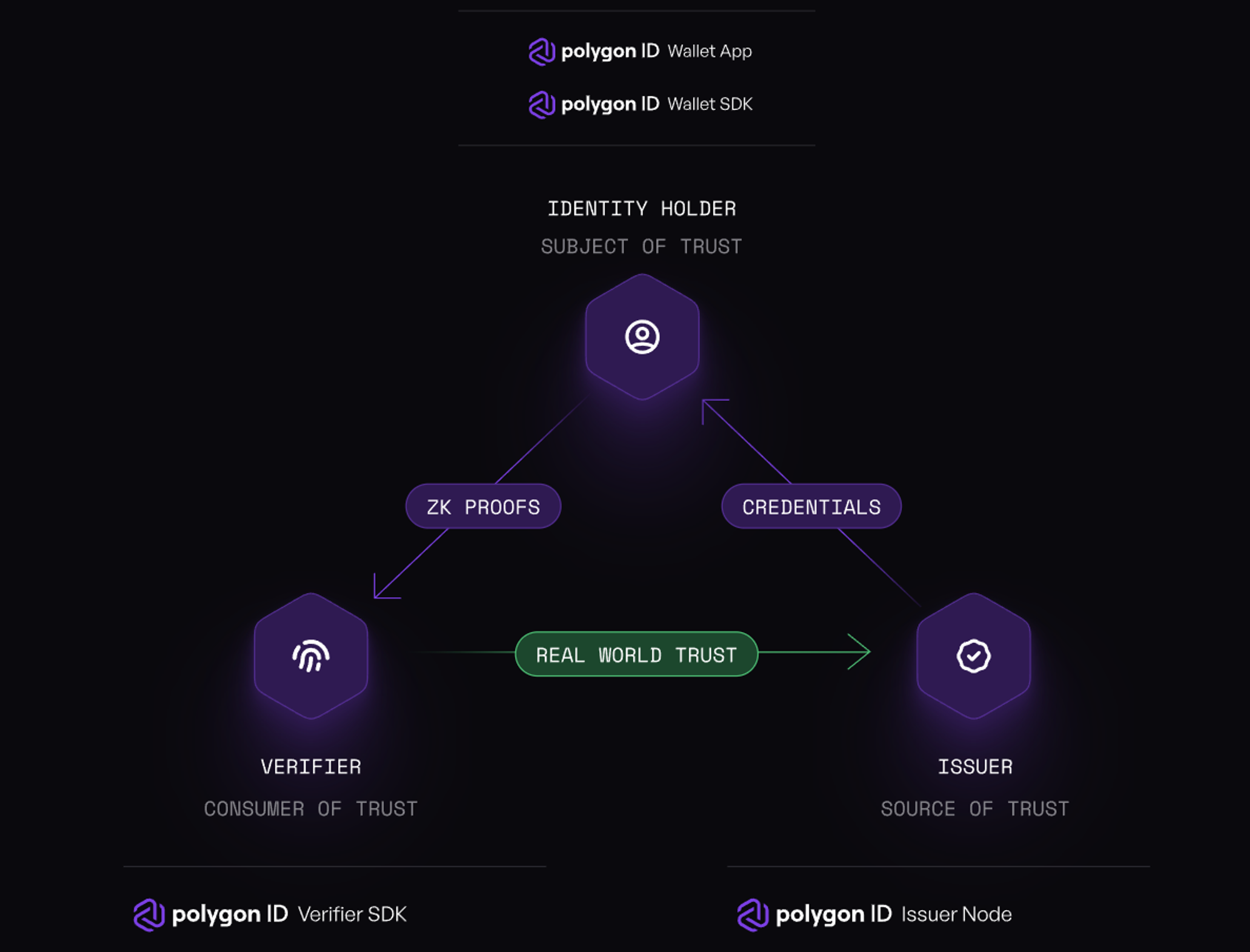
Interoperability Across Platforms: Onchain attestations are accessible across multiple dApps and Web3 platforms, allowing users to reuse their verified KYC status seamlessly without repeated verification processes.
-
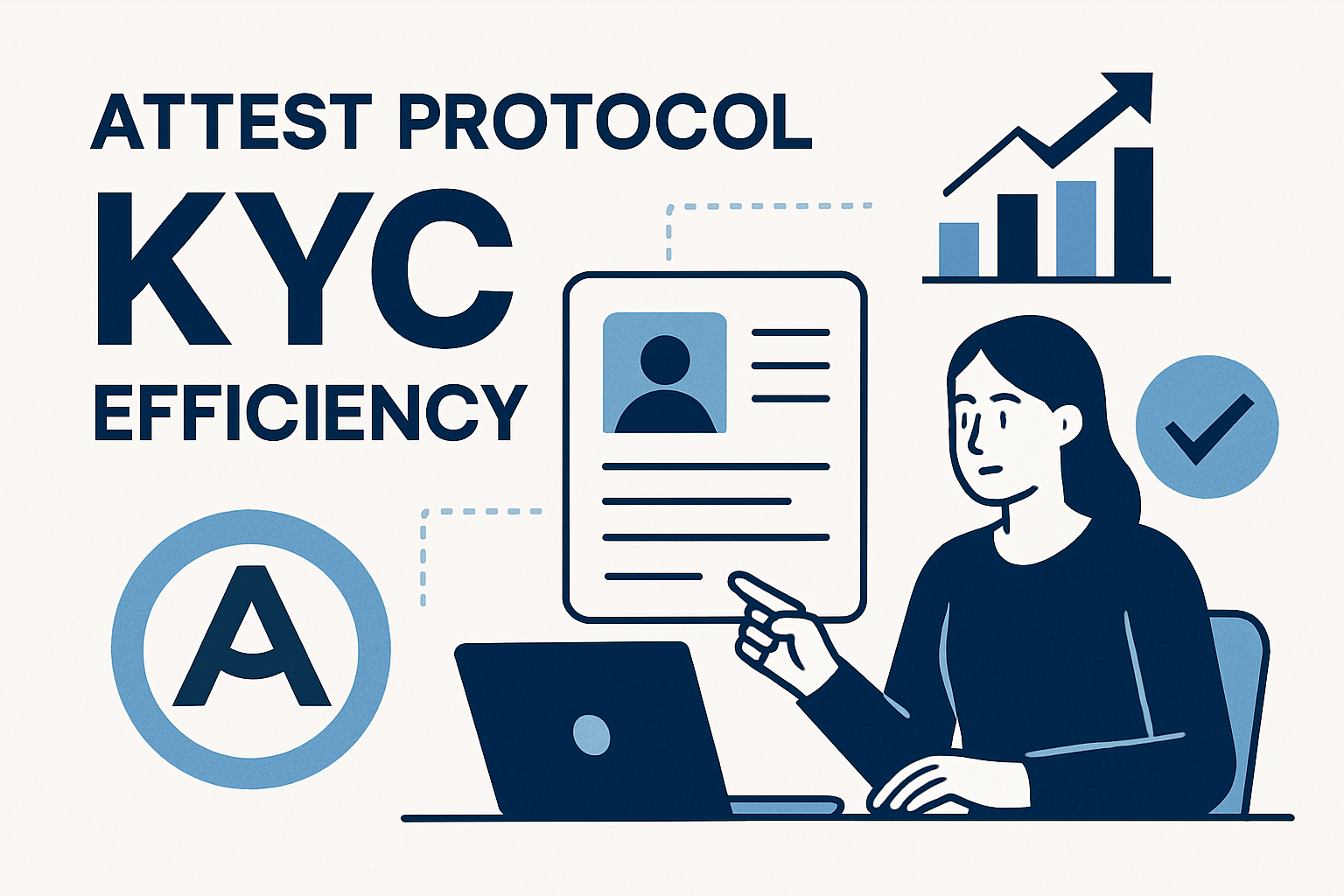
Efficiency and Cost Reduction: Platforms like Attest Protocol automate KYC verification, reducing manual checks, operational costs, and the risk of human error.
-
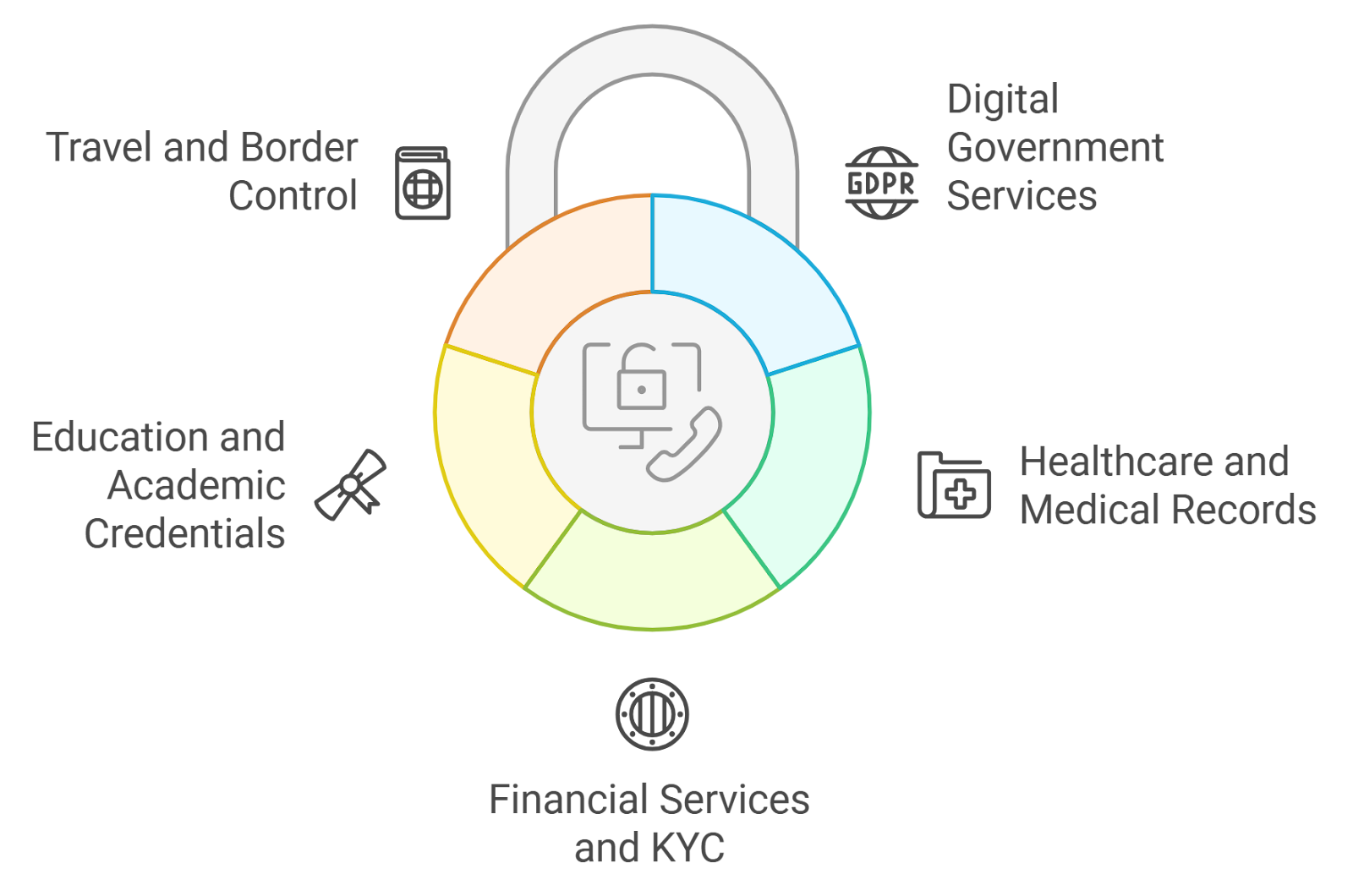
Enhanced User Control: Users retain ownership of their identity attestations, often stored in self-hosted wallets, empowering them to manage access and share proof of KYC only when necessary.
This approach enables any dApp or smart contract to instantly verify whether an address belongs to a KYC-compliant user, without ever accessing personal information or relying on a central authority.
Platforms like Blockpass have pioneered privacy-preserving KYC solutions that issue verifiable credentials as immutable onchain proofs. These credentials can be checked by any allowlist contract or community manager in real time, streamlining access control for everything from NFT drops to permissioned DeFi pools (blockpass.org).
Privacy-Preserving Compliance: Zero-Knowledge Proofs and Beyond
A major innovation in this space is the use of zero-knowledge proofs (zk-proofs). With zk-proofs, users can demonstrate that they belong to an approved set (such as having passed a KYC check) without revealing their actual identity or any underlying data. This means participants can enjoy privacy while projects remain compliant, a crucial balance in decentralized environments (Cube Exchange).
The adoption of these technologies is accelerating as regulatory scrutiny increases and users demand more control over their digital identities. Projects integrating decentralized KYC solutions are not only reducing operational costs but also building trust with their communities by putting privacy first.
Interoperability Across Platforms: One Credential, Many Uses
A standout advantage of blockchain identity credentials is their interoperability. Once a user receives an onchain attestation confirming their KYC status from a trusted provider like Attest Protocol or Blockpass, they can use this credential across multiple platforms, no need to repeat cumbersome onboarding processes (attestprotocol.org). This fosters an open ecosystem where users retain ownership over their verified status and projects benefit from simplified compliance workflows.
dApps Leveraging Interoperable KYC Attestations
-

Blockpass On-Chain KYC®: Blockpass provides onchain KYC attestations for decentralized applications, enabling users to prove their verified status across multiple Web3 platforms while maintaining privacy. Its integration with Ethereum Attestation Service (EAS) allows for seamless, interoperable allowlist management.
-
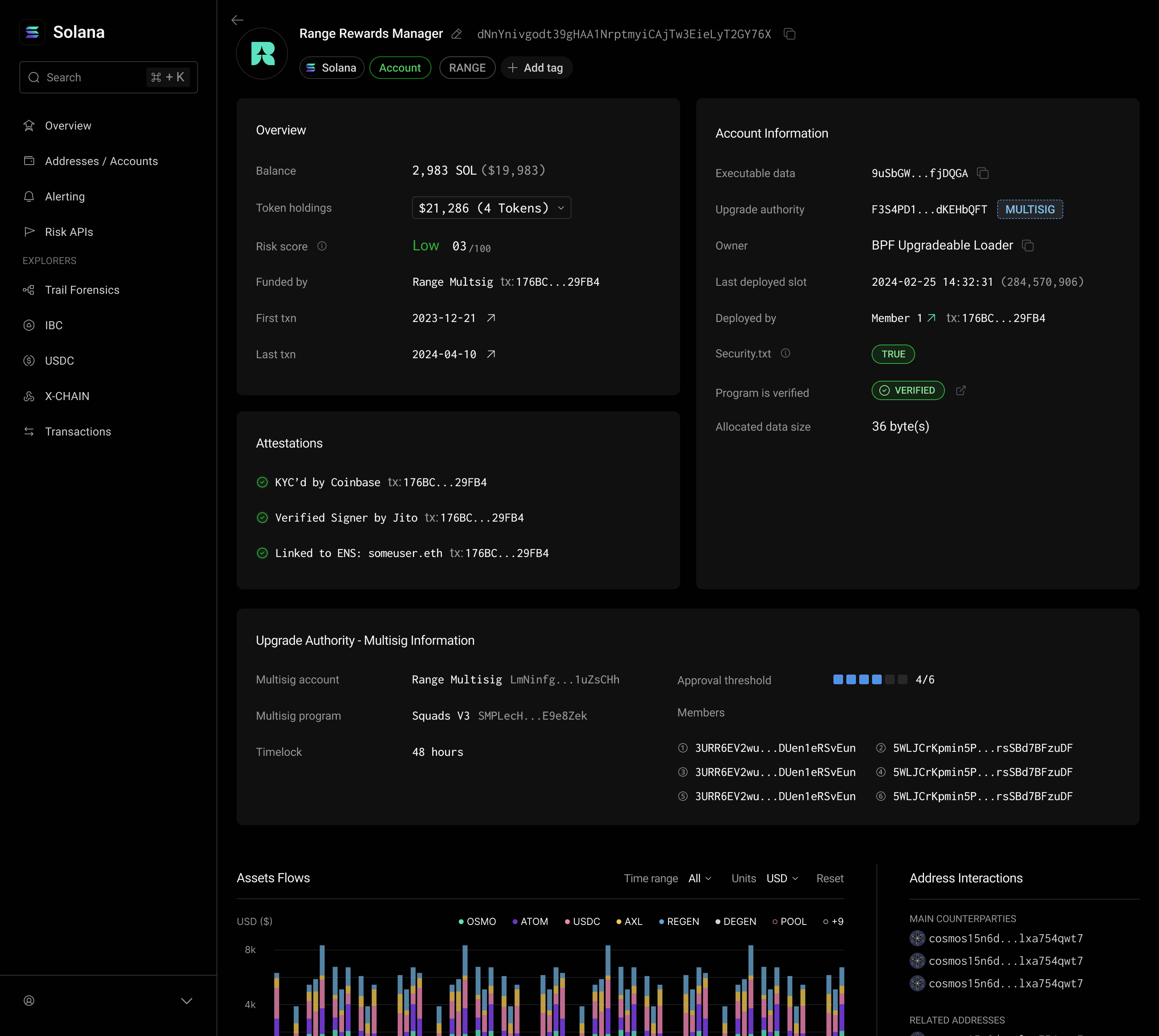
Solana Attestation Service (SAS): SAS is a protocol on Solana that issues and verifies onchain identity attestations, including KYC credentials. dApps can leverage SAS to allow only KYC-verified addresses onto their allowlists without exposing users’ personal information.
-

Attest Protocol: This protocol offers schema-based attestation services, making it easy for dApps to integrate KYC verification. Users receive onchain attestations after passing KYC checks, which can be recognized by multiple platforms for allowlist access.
-
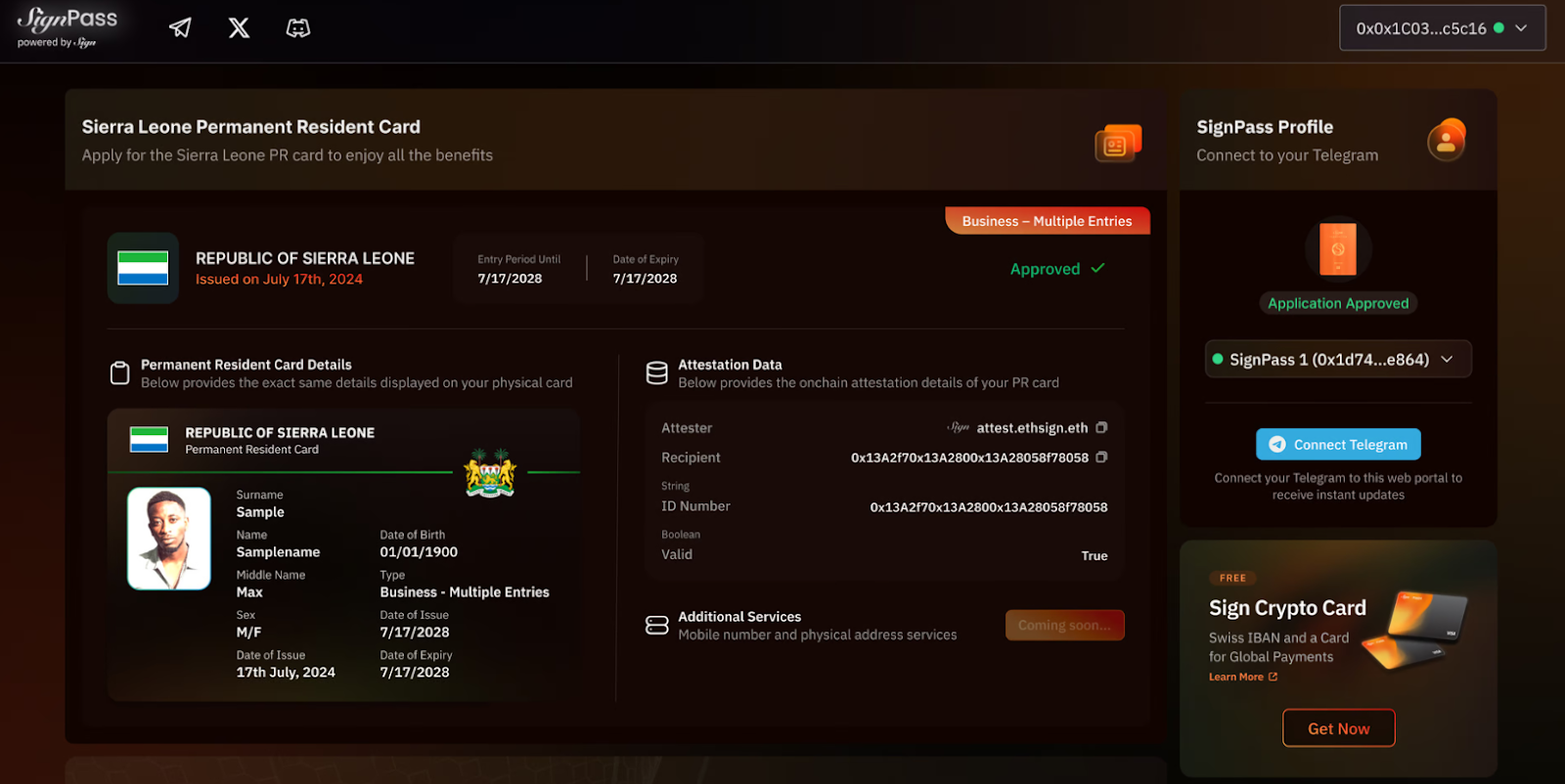
Sign Protocol: As an omni-chain attestation protocol, Sign Protocol enables users to create and verify onchain attestations about KYC status. Its interoperability supports allowlist management across different blockchains and dApps.
-

Sumsub x Solana Integration: Sumsub, a leading KYC provider, has partnered with Solana to deliver onchain identity attestations. This allows users to carry verifiable KYC proofs tied to their wallets, which dApps can use to manage allowlists securely and efficiently.
Interoperable onchain attestations are already powering a new generation of allowlist management in Web3. DeFi protocols, NFT launchpads, and permissioned DAOs are leveraging these credentials to streamline user onboarding and access control. For example, a user who completes KYC with Blockpass can participate in a token sale on one platform, stake in a private DeFi pool elsewhere, or join a gated Discord community, all by presenting the same verifiable credential.
This flexibility is especially valuable as cross-chain activity becomes more common. Omni-chain attestation protocols like Sign Protocol are leading the way in making proofs portable between networks, ensuring that users’ compliance status is recognized wherever they go in the decentralized ecosystem (blockpass.org).
Streamlining Compliance Without Compromising User Experience
For Web3 teams and allowlist managers, integrating blockchain-based identity credentials means less time spent on manual reviews and more focus on building vibrant communities. Attestation providers offer schema-based APIs and SDKs that make it easy to issue, manage, and verify credentials with minimal code changes (attestprotocol.org). This not only reduces operational overhead but also minimizes the risk of human error or data leaks.
Steps to Integrate Onchain KYC Attestations for Web3 Allowlists
-
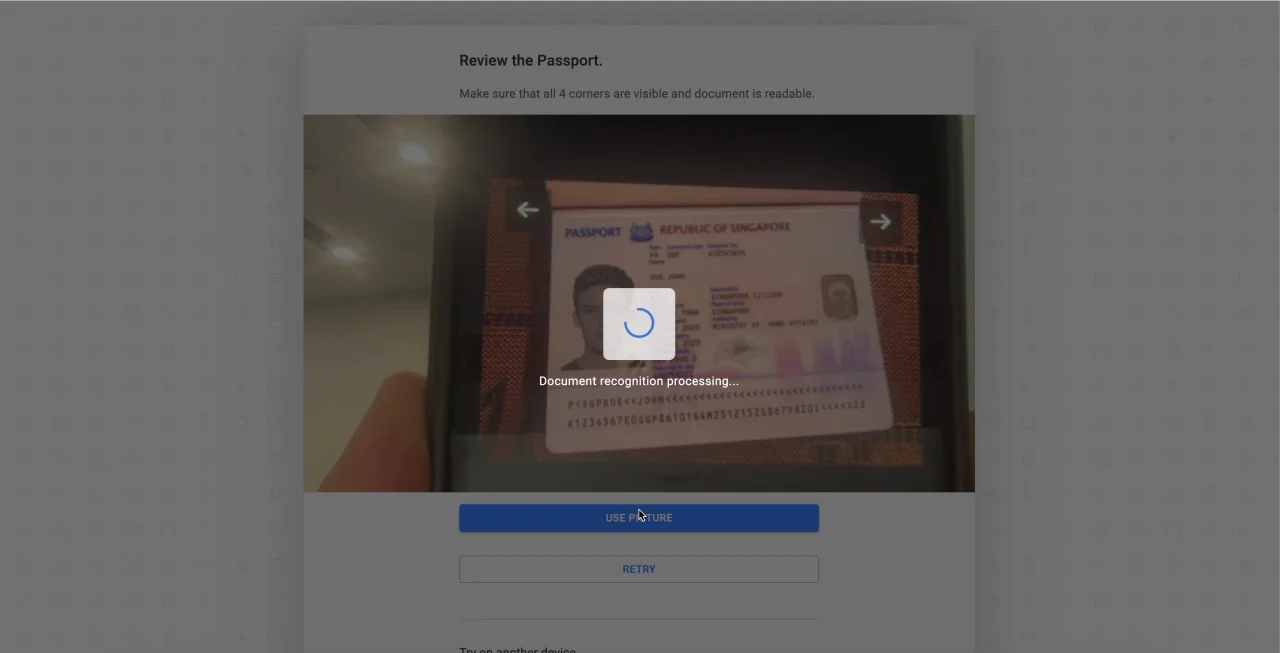
Select a Trusted Onchain Attestation Provider: Choose a reputable provider such as Blockpass, Attest Protocol, or Sign Protocol that offers KYC attestation services compatible with your blockchain ecosystem.
-
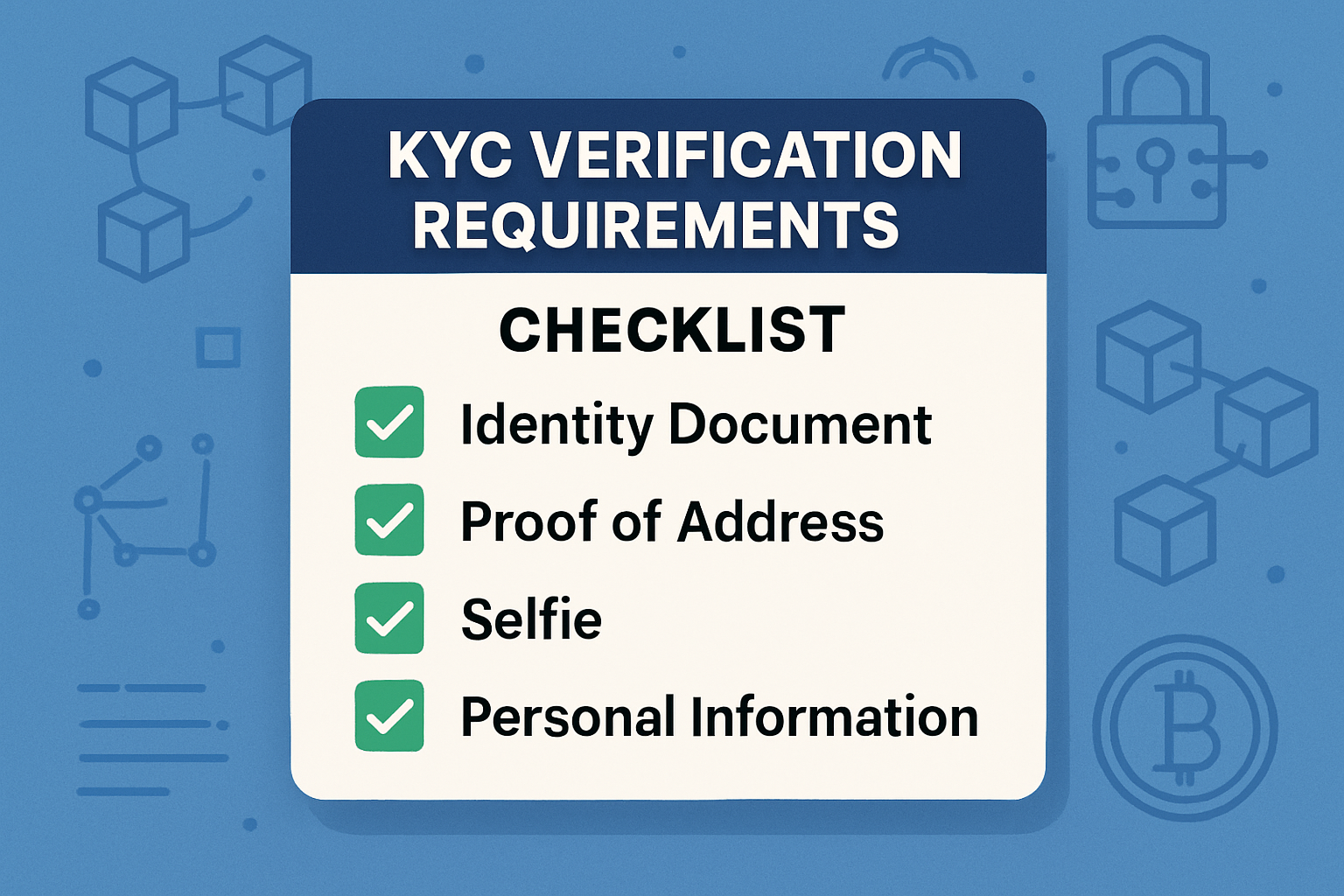
Define KYC Verification Criteria: Establish clear requirements for allowlist inclusion, such as identity verification, age, or residency, to ensure compliance with relevant regulations.
-
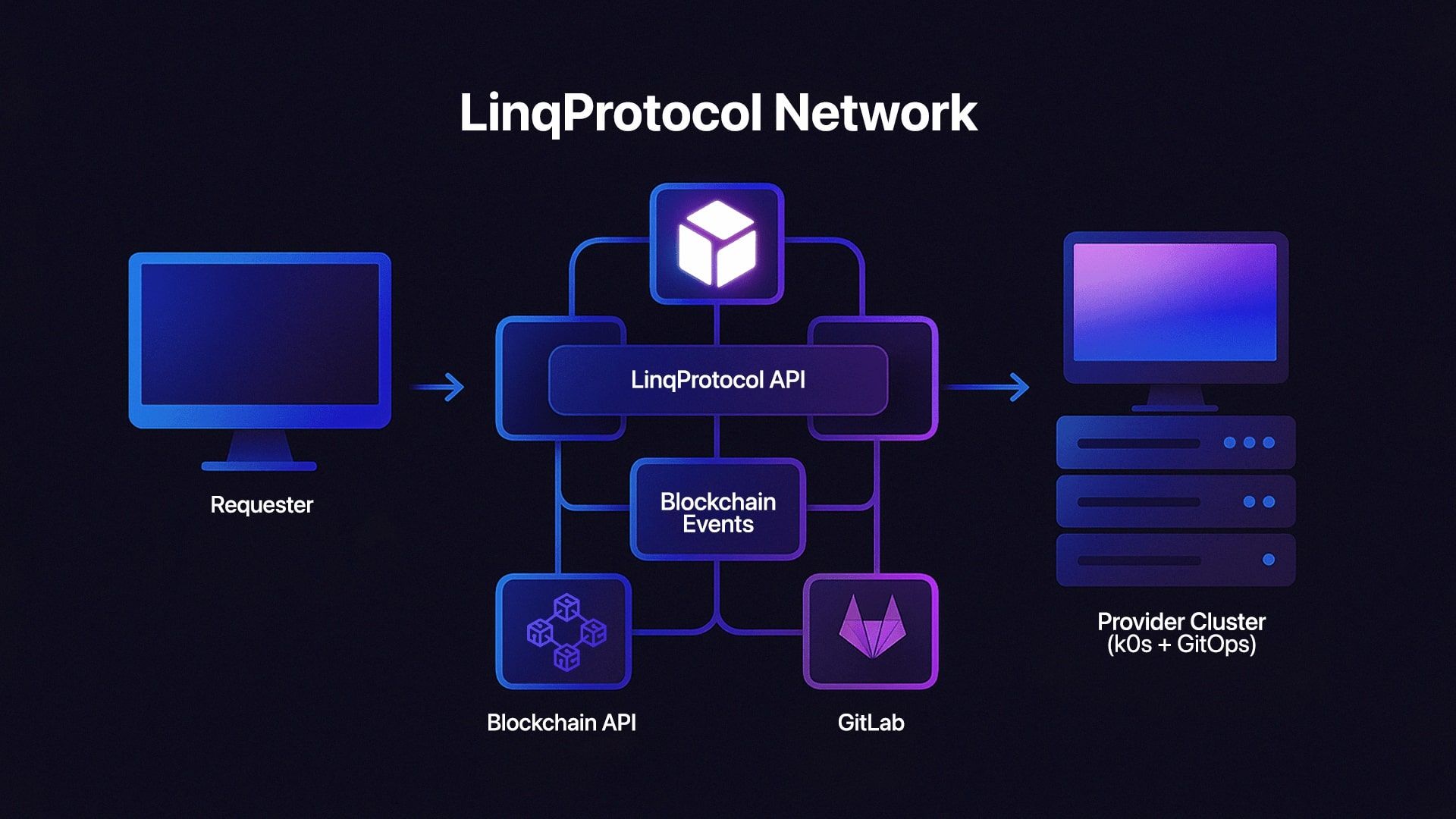
Integrate Attestation Mechanisms Using APIs or SDKs: Connect your platform to the attestation provider’s APIs or SDKs to enable the issuance and verification of onchain KYC attestations. Platforms like Attest Protocol and Ethereum Attestation Service (EAS) offer developer tools for seamless integration.
-
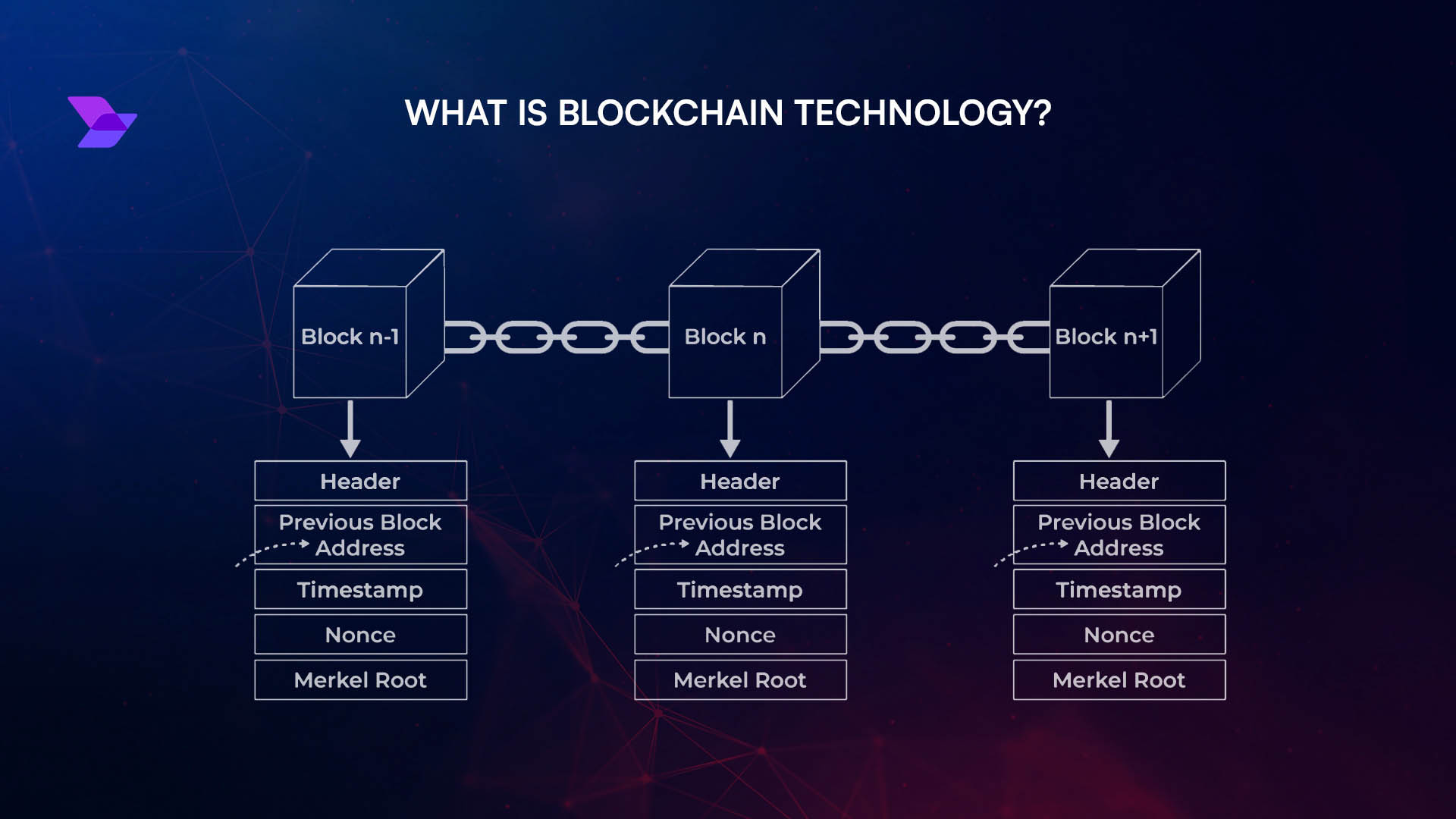
Implement Privacy-Preserving Verification: Utilize zero-knowledge proofs or privacy-focused attestation standards to confirm KYC status without exposing sensitive user data. Solutions like Blockpass On-Chain KYC® and zk-KYC frameworks are designed for this purpose.
-
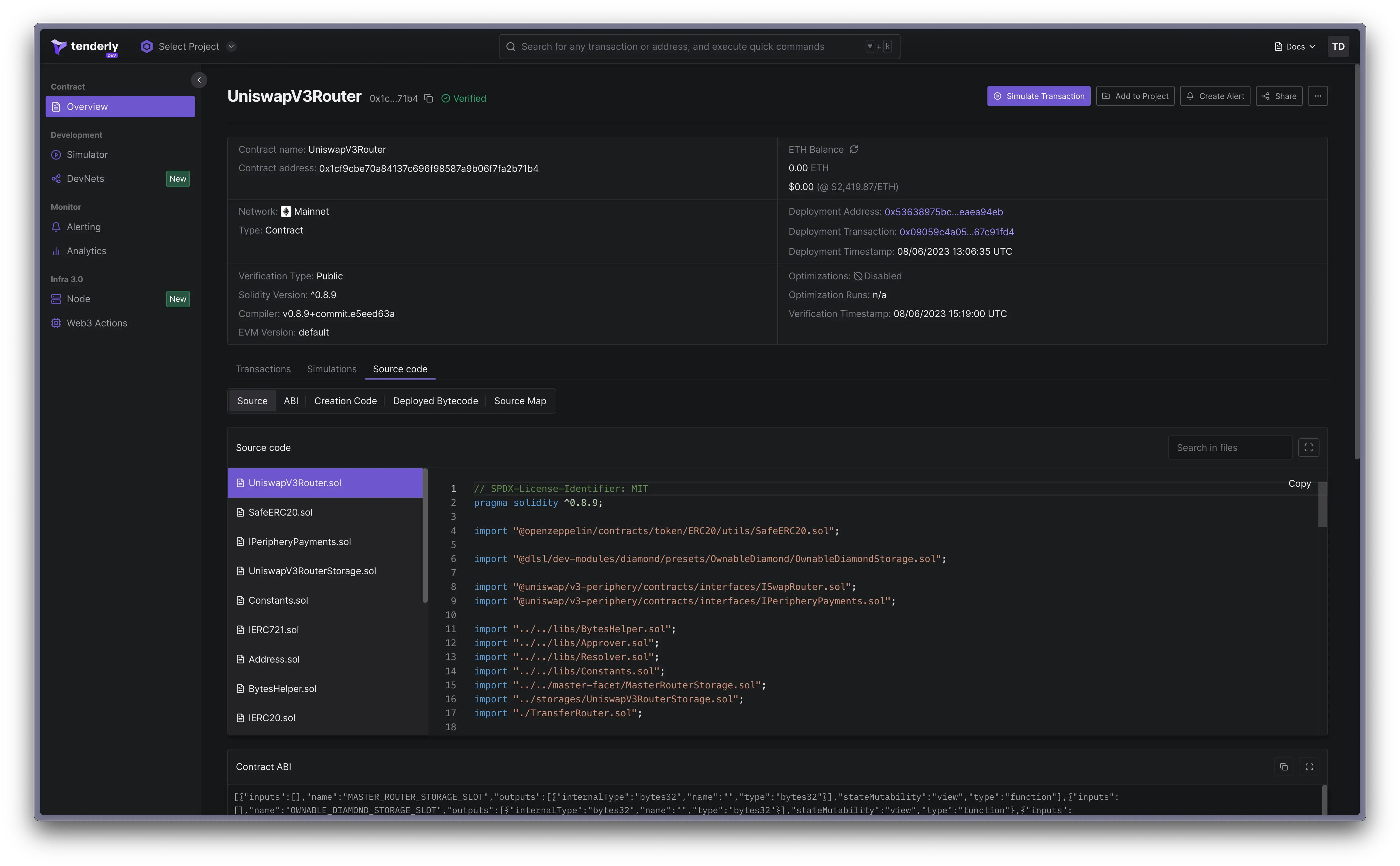
Automate Allowlist Management with Onchain Verification: Configure your allowlist smart contracts to automatically check for valid onchain KYC attestations before granting access or privileges, ensuring only verified users are included.
-
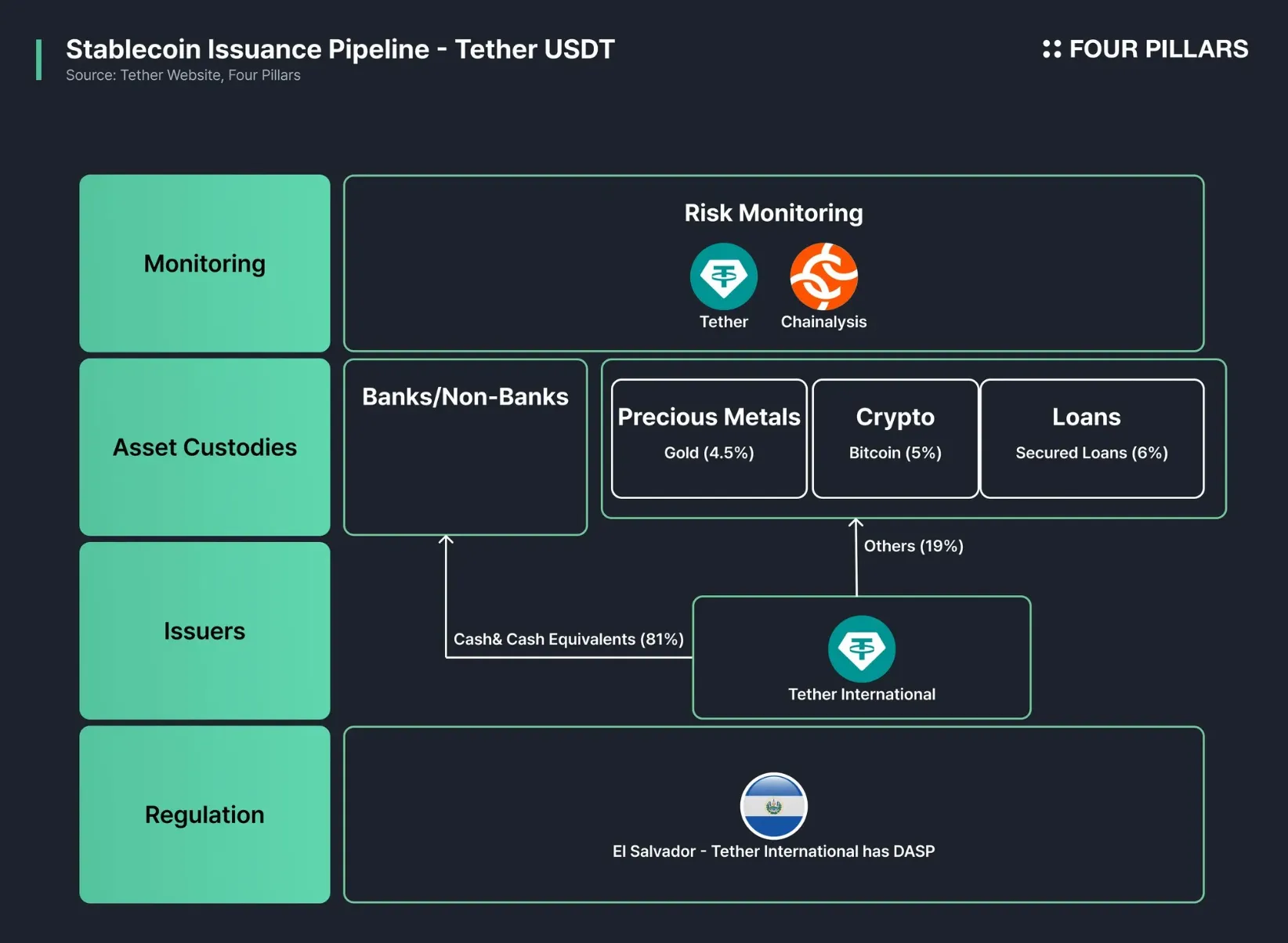
Monitor Compliance and Update Attestations: Regularly review attestation validity, handle expired or revoked credentials, and update allowlist entries as needed to maintain ongoing compliance and security.
On the user side, this translates into a frictionless experience: one secure verification unlocks access to countless opportunities across the Web3 landscape. No more repetitive document uploads or waiting for approvals, just seamless participation in token launches, community events, and permissioned dApps.
Looking Ahead: The Future of Onchain Identity Verification
The convergence of privacy-preserving cryptography and decentralized attestations is setting a new standard for trust in digital communities. As regulatory frameworks evolve and mainstream adoption accelerates, demand for robust onchain attestations for KYCed addresses will only grow. Forward-thinking projects that embrace these solutions today are not just meeting compliance requirements, they’re building reputational capital with users who value privacy, security, and control over their identities.
Ultimately, blockchain identity credentials empower both users and platforms to navigate the complex landscape of compliance without sacrificing core Web3 principles. By prioritizing transparency and interoperability, while preserving individual privacy, onchain attestations are redefining how we verify trust at scale.






